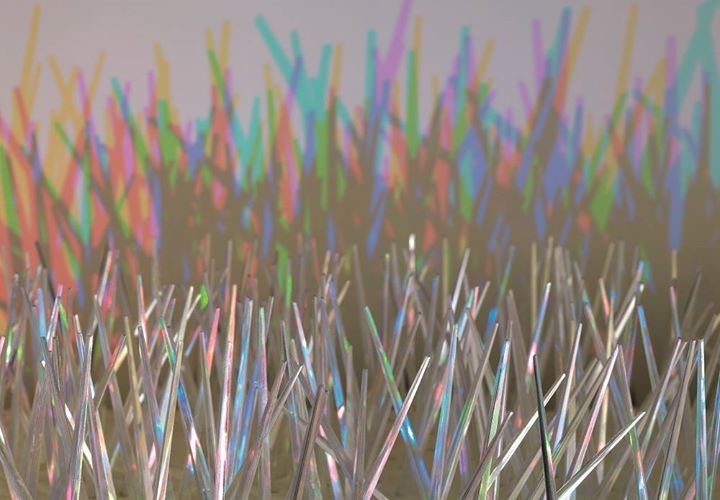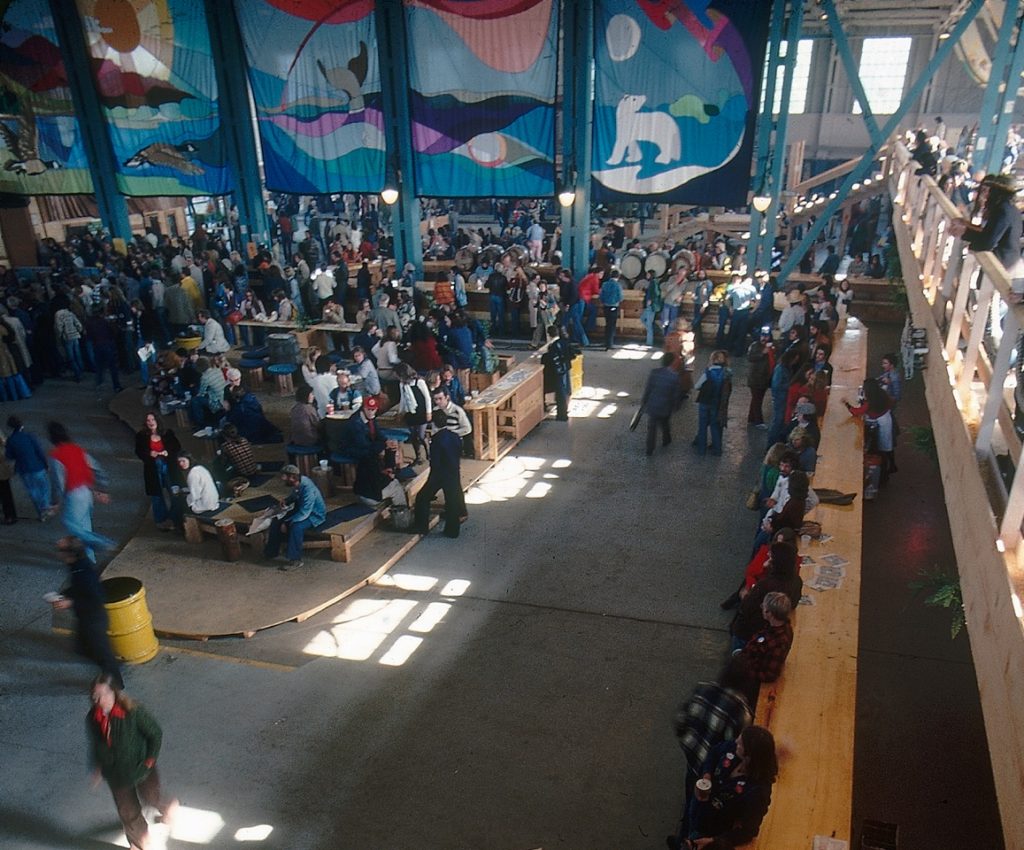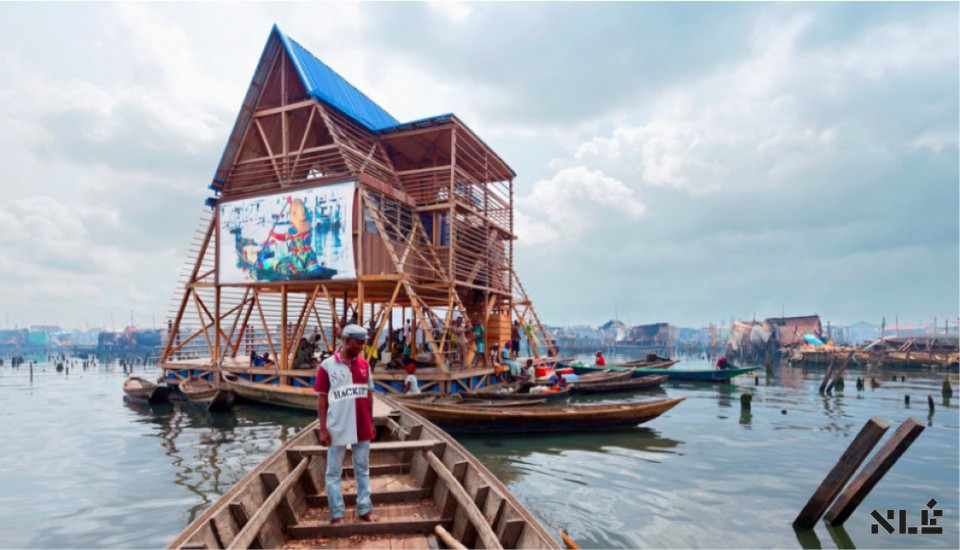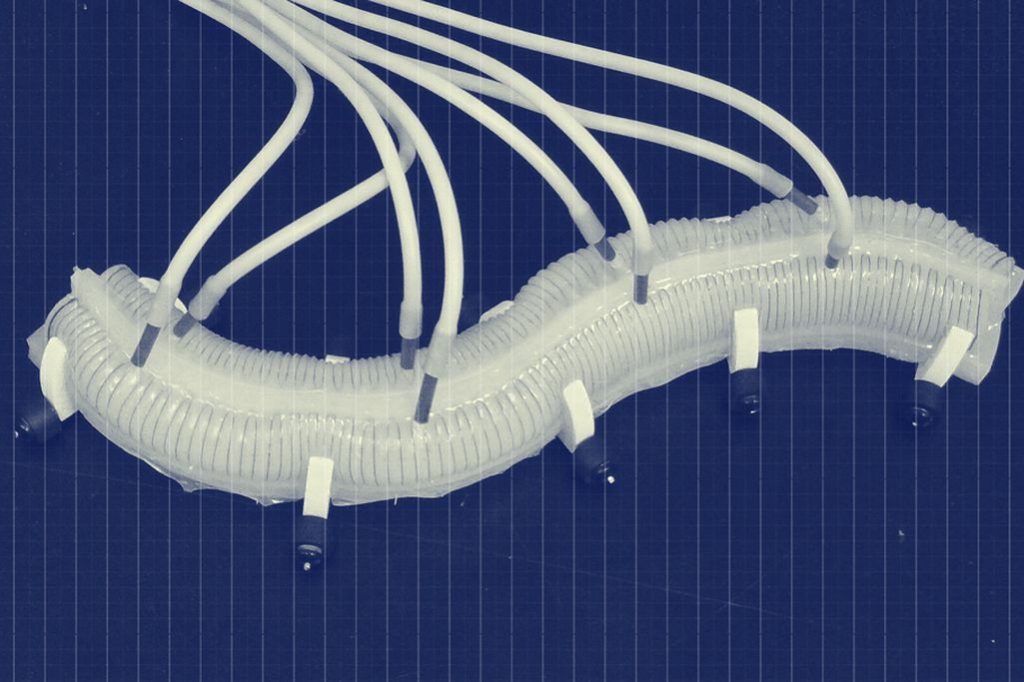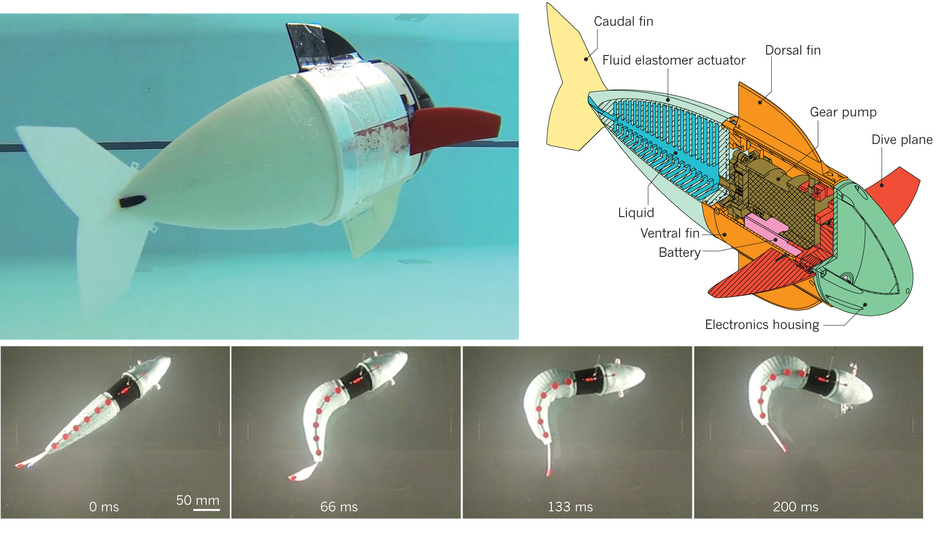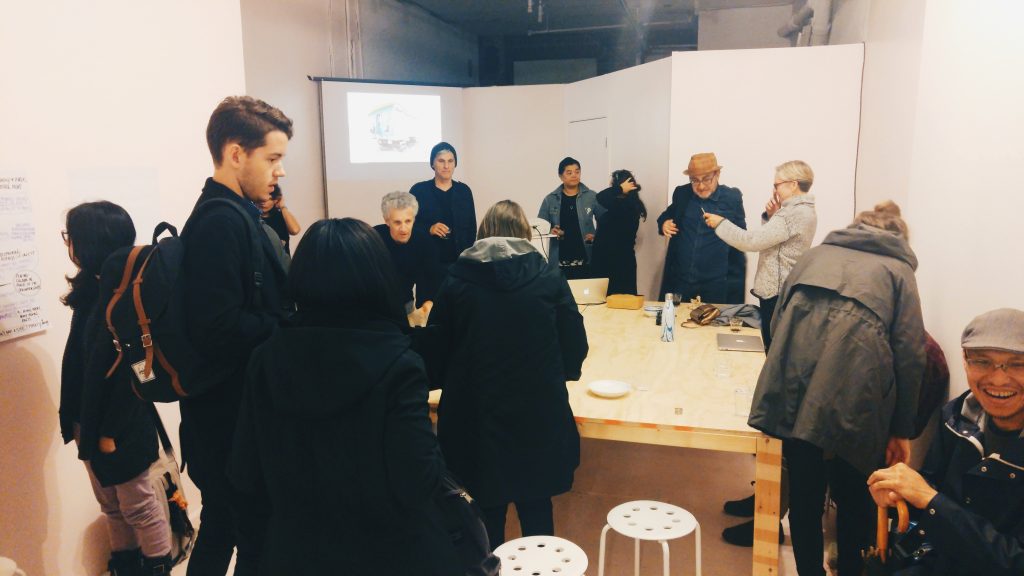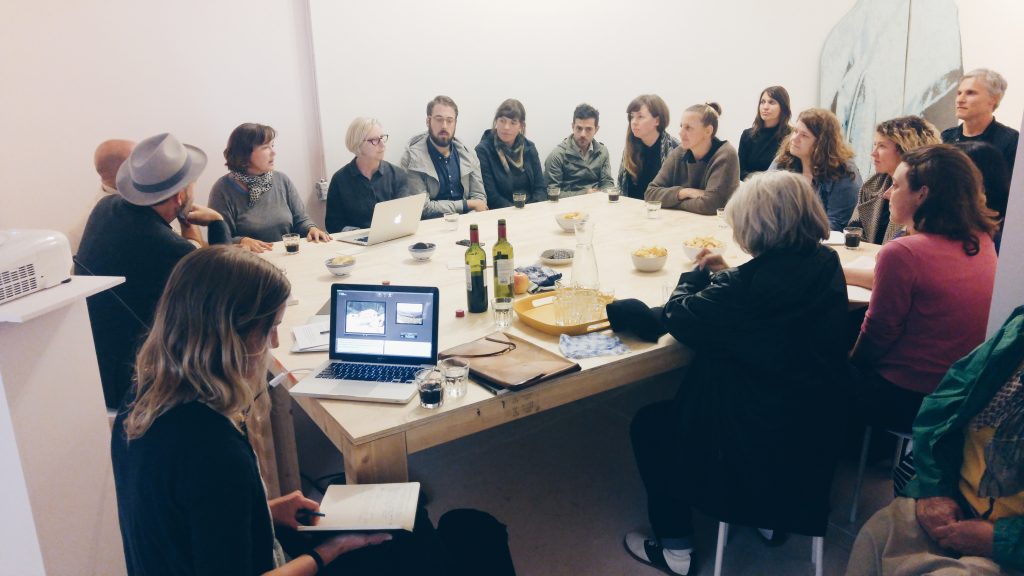- Assisted in setting up events, with materials, refreshments, seating, materials, and other requested needs.
- Took notes during all events and attended meetings on large poster boards to aide in recalling previous discussion topics and in order to generate questions after presentations
- Proposed possible speakers for future events by researching academics, writers, poets, scientists, artists, and designers in the Greater Vancouver area
- Assisted as a volunteer for external events such as the Vancouver Art Book Fair. Helped with the booth at the Fair, working cash and card transactions, replenishing booth materials, and answering questions related to Other Sights and The Foreshore project
- Set up an instagram account for Other Sights
Initially, we discussed updating the website for the Foreshore, and attending the weekly meetings for Other Sights; however, as we moved forward, it was clear that I was needed more as a researcher of future events and physical aide on the days of the events, so the web updating portion of the role changed. As well, attending the weekly Tuesday meetings for just the board members of Other Sights was illuminating, but Barbara and I felt that with my schedule and the extra hours I was putting into research would mean that I was better off changing my schedule to do half my partnership remotely. In this way, I was physically present for their monthly events to help out in setting up and taking notes, while the rest of the time, I sent email updates with their requested research.
Previously, I had skills in notetaking and event planning, so I was able to translate my experiences to create animated and clear notes during their events, incorporating illustrations, connecting lines, mind maps, keyword boxes, and colour codes so that they were not only informative but engaging. As well, my experience in event planning made setting up and material preparations for the events a fairly easy task.
The skills that I acquired through this partnership was primarily research, as well as some cash/credit transactions with the Square Reader. In terms of the research, it was the first time in which I had to not only comb through the bibliography of over 50 potential speakers, but to also “pair” them with complementary individuals. It was a great skill set to learn, as making those connections between individuals in disparate disciplines and fields was a greate exercise in connecting those lines of thought and process through the larger network of issues surrounding the foreshore. Additionally, I was able to volunteer for events such as the Vancouver Art book Fair, wherein I learned how to inplement the Square Reader app to process payments in cash and credit and sell a number of Other Sights’ publications. It was also a healthy dose of interaction with the public who had a lot of questions regarding our organization and the various public artwork that they’ve seen around the city.
Hours for events/meetings/volunteered events: 17 hours
Hours for research: 10 hours
Total hours for partnership: 27 hours
Wanting to take this partnership further, I’ve signed on for a second term and will be doing some research for them during the holidays, as well as continuing to help with events beginning in January. As The Foreshore is continuing until the end of August 2017, I look forward to helping them plan different events and workshops by taking up the ongoing research, as well as web components of their project.
The larger learning experiences that I will be taking with me are the questions and processes of research that have already begun to inform my own practice; the ability to connect and thread together different studies and in doing so, create a new idea that is tied to my own personal interests.
Researcher & Event Support
The Foreshore, Other Sights | E Georgia St, Vancouver, BC [October 2016-Present]
- Proposes speakers for future events by researching dozens of academics, writers, poets, scientists, artists, scholars, and designers in the Greater Vancouver area by summarizing the most recent years of their research in a document through careful review of their publications and projects
- Develops pairings of speakers from different backgrounds in order to generate complementary and engaging talks and workshops by connecting the potential individuals with keywords, scholarly and peer-reviewed articles, and overall research interests and background
- Creates illustrated and engaging notes on walls of The Foreshore space during events to record, as well as generate discussions. As well, assists in the general set-up and take-down of events, including materials, refreshments, and overall physical prep-work
